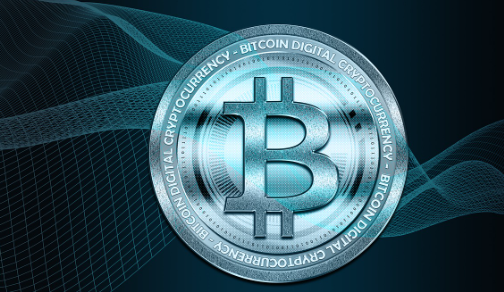$LMT $BTC $GLD
#Geopolitics #Markets #Investing #Stocks #Crypto #Gold #Trading #Risk #Finance #Syria #SouthKorea #GlobalMarkets
Geopolitical uncertainty surged over the weekend as developments in Syria and South Korea added layers of complexity to an already jittery global landscape. Heightened tensions in Syria, marked by potential military escalations, are reigniting concerns over instability in the Middle East. The region’s volatility, coupled with its significant energy resources, often fuels sharp reactions in oil markets and ripple effects on broader asset classes. Meanwhile, South Korea is actively navigating heightened tensions with its northern neighbor, raising anxieties about East Asian stability—a critical hub for semiconductor production and global supply chains.
For investors, these global hotspots are more than just geopolitical risks—they translate directly into increased asset volatility. Defense contractors such as $LMT (Lockheed Martin) have historically been seen as safe havens during periods of escalated military activity. Lockheed Martin shares are likely to catch upward momentum in anticipation of increased defense budgets among Western nations. Simultaneously, commodities like gold ($GLD), often referred to as a safe-haven asset, tend to rally as capital flows toward secure holdings in periods of uncertainty. Over the weekend, Bitcoin ($BTC) also saw modest movement, reflecting digital assets’ evolving role as an alternative hedge during geopolitical turmoil.
Global markets are reacting cautiously to these developments, with major equity indices likely to open mixed at the beginning of the trading week. On one hand, sectors exposed to geopolitical risk—including energy producers and defense contractors—could see significant gains as investors reposition amid uncertainty. On the other hand, higher risk levels may weigh on sentiment for growth equities, which are sensitive to macroeconomic conditions. Investors are increasingly evaluating safe-haven assets, bond yields, and inflation hedges like gold and cryptocurrencies. Over the coming days, inflation pressures tied to disruptions in energy supplies could also play a pivotal role in influencing oil and energy stocks.
Long-term impacts of geopolitical instability cannot be understated, especially given how interconnected supply chains have become. South Korea’s role as a global leader in semiconductor and tech manufacturing is critical—trade disruptions or geopolitical escalations could exacerbate existing supply bottlenecks and impede the fragile economic recovery many nations are striving for post-COVID. As events continue to unfold, the financial markets will likely remain laser-focused on these developments, with traders closely watching for further escalation or signs of easing tensions. Adjustments in monetary policy may also intersect with geopolitical factors, adding another layer of complexity to a dynamic market environment.











Comments are closed.